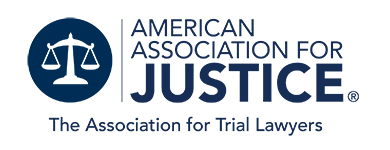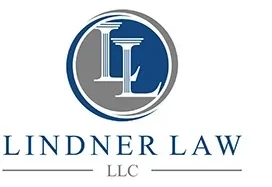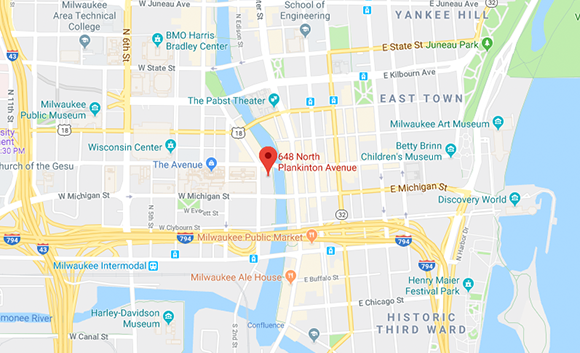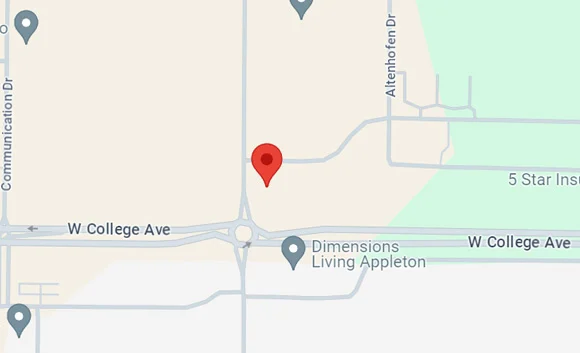Losing a loved one is devastating. When the loss results from negligence or wrongdoing, it’s both a personal and legal issue. Wisconsin law allows surviving family members to file a wrongful death claim. But you only have a limited amount of time to take action.
Understanding Wisconsin’s statute of limitations, how wrongful death claims work, and what compensation you may be entitled to can help you and your family seek justice while you still have legal options.
What Is a Wrongful Death Claim?
A wrongful death claim is a civil lawsuit filed by a deceased person’s survivors or estate when the person’s death was caused by another party’s careless or intentional actions. These claims are intended to compensate the surviving family members for financial and emotional harm caused by the death.
Common causes of wrongful death include:
- Fatal car and motorcycle accidents
- Commercial truck or delivery vehicle crashes
- Construction or workplace accidents
- Dangerous property conditions (e.g., slip-and-falls or unsafe structures)
- Dog attacks
- Defective products or machinery
Even if criminal charges are filed against the person responsible, a wrongful death lawsuit is a separate civil matter that focuses on financial compensation rather than criminal punishment.
Wisconsin Statutes of Limitations for Wrongful Death
The time limit to file a wrongful death lawsuit in Wisconsin depends on how the death occurred.
If the death was caused by a motor vehicle accident, including crashes involving cars, motorcycles, trucks, or commercial vehicles, you must file the wrongful death lawsuit within two years from the date of death.
This two-year window applies even if the other driver was criminally charged or intoxicated at the time of the crash.
Other causes of death not involving a motor vehicle may be governed by a three- year statute of limitations. Consulting with a wrongful death attorney is critical to understand the specific statute of limitatons that applies to your case and to ensure that your claim is filed within the appropriate timeframe. Missing the deadline means your wrongful death claim will be barred and you and your family will lose your right to pursue compensation. That’s why speaking with a wrongful death attorney as soon as possible is so important.
Who Can File a Wrongful Death Lawsuit in Wisconsin?
Wisconsin law establishes the following hierarchy of individuals that may recover damages to file a wrongful death claim:
- If the deceased leaves a surviving spouse or domestic partner and minor children under 18, the claim belongs to the spouse or domestic partner, although a judge must determine, what amount, if any, should be set aside for the minor children for their continuing support and protection, not to exceed 50% of the damages received.
- If there is no surviving spouse/partner, then the claim belongs to the children of the deceased.
- If the deceasded leaves no surviving spouse/partner and no children, then the recovery belongs to the surviving lineal heirs as determined by state law (parents, grandparents, grandchildren)
- If the deceased leaves no surviving lienal heirs, then the recovery accrues to brothers and sisters.
- If none of the above, there is no statutory cause of action for wrongful death
The action for wrongful death may be brought by the personal representative of the deceased person or by the person or persons listed above to whom the recovery belongs. Generally, only one lawsuit is allowed, even if multiple relatives are eligible to recover the wrongful death claim.
In some cases, there may be disputes between family members or competing claims over who should file. In these situations, courts may appoint a special representative or executor to proceed with the wrongful death case.
What Compensation Can Be Recovered in a Wisconsin Wrongful Death Case?
Wisconsin allows families to pursue compensation for both economic and non-economic losses. These include:
Economic Damages:
- Medical expenses incurred before death
- Funeral and burial costs
- Loss of the deceased’s income or future financial support
- Loss of household services such as child care, transportation, or home maintenance
Non-Economic Damages:
- Pain and suffering experienced by survivors
- Loss of society and companionship (the emotional loss of a loved one’s presence, guidance, and support)
Wisconsin places a cap on non-economic damages for loss of society and companionship:
- Up to $500,000 if the deceased was a minor
- Up to $350,000 if the deceased was an adult
These limits only apply to emotional and relational losses, not to medical bills, lost income, or funeral costs.
How Wrongful Death Differs from Survival Actions
In addition to a wrongful death claim, the deceased person’s estate may file a survival action to recover damages for the conscious pain and suffering, or medical expenses that the individual experienced before death. This is recovery for all the damages that a person would have in a typical personal injury claim had they not died in the accident. In other words, their personal injury claim “survives” their death.
For example, if your loved one lived for several days after an accident and required intensive care before passing away, the estate may recover compensation for those specific losses through a survival claim, which is separate from the wrongful death claim.
Both claims can be pursued simultaneously, and a skilled attorney can help ensure that all available compensation is recovered.
Why Time Is of the Essence
Even if it feels like you have time before the legal deadline, waiting too long can hurt your case. Here’s why:
- Evidence may be lost. Accident scenes change, videos are deleted, and witnesses may forget details or become unreachable.
- Insurance companies act fast. They may attempt to minimize your claim or offer a lowball settlement before you know the full value of your losses.
- Healing takes time. It can be difficult to make legal decisions while grieving. Getting legal help early allows someone else to handle the burden while you focus on family.
- Disputes may arise. If multiple relatives are affected, it can take time to determine who should file and how to divide any compensation.
In short, the sooner you act, the better your chances of protecting your rights.
How Lindner Law, LLC Supports Grieving Families
Lindner Law, LLC has decades of experience helping Wisconsin families seek justice after tragic, preventable deaths. We understand the emotional and financial strain wrongful death brings, and we’re committed to handling every case with care, compassion, and determination.
When you work with us, we will:
- Investigate the cause of death and collect critical evidence
- Handle all communication with insurance companies
- File your wrongful death and survival claims on time
- Work with financial, medical, and accident experts to calculate damages
- Negotiate aggressively for a fair settlement or take your case to trial if needed
We never charge any upfront fees. You pay nothing unless we recover compensation for your family.
Speak with a Wisconsin Wrongful Death Attorney Today
You don’t have to navigate this alone. If you’ve lost a loved one due to someone else’s negligence, contact Lindner Law, LLC to learn your rights and explore your options. Let us handle the legal side so you can focus on healing and honoring your loved one’s memory.














